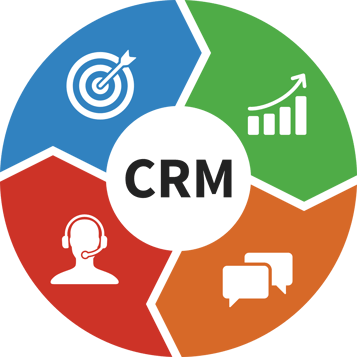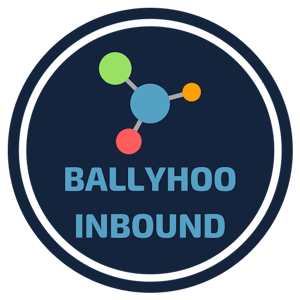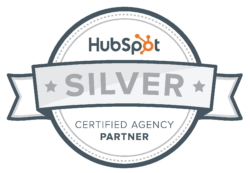
How can your business benefit from using a CRM?
There are many things a CRM can do that should get marketers, salespeople, or business owners pretty excited! Here’s how a CRM can make you a more effective marketing and sales machine...
1. Better Lead Intelligence for Both Marketing and Sales
Wouldn’t it be helpful if you knew when a potential customer was looking at your website? Implementing a the right CRM will allow your sales team to know how many times potential customers have visited your site or if they have ever talked to a member of your sales team.
When a salesperson works within a CRM that integrates with their company’s marketing software, they’re able to access this type of detailed, real-time lead intelligence all from one place. And this isn’t just beneficial to sales; it’s beneficial to marketing as well. A CRM will allow your marketing team to see which leads turn into customers. More specifically, you can see what brought them to your website and what pages they looked at before becoming a customer.
When a marketer works in a marketing platform that is integrated with a CRM, they are able to figure out which of their efforts are working best.
2. Better Sales and Marketing Alignment
Sales and marketing both have numbers they need to hit each month, and when both teams have visibility into one another metrics they can easily assess each team’s progress and identify and remedy problems early on in the month. Real-time reporting holds both teams accountable to their goals and helps one another work together toward shared outcomes. (It’s also worth noting that CRMs are used for customers, too, not just leads; so, customer service communications and metrics can be easily documented for account managers to reference as well.)
3. Help Sales Prioritize its Pipeline
A CRM not only gives complete visibility into the sales pipeline, but it also helps sales people prioritize who to call first so they don’t miss important opportunities. When sales and marketing set up a CRM, they can identify important criteria and even implement a lead scoring system. Organizational systems like these reduce time spent sifting through leads and enable salespeople to prioritize the best opportunities.
4. Closed-Loop Reporting Lets Marketers Improve Campaigns
When you integrate marketing software with your CRM, marketing can easily analyze the effectiveness of its campaigns using closed-loop reporting. For example, when a salesperson converts a lead into a paying customer, he or she can mark it in the CRM, and it will automatically be noted in your marketing software, too. This allows marketing to do two important things. First, marketing can automatically remove this lead for their nurturing sequences, and instead send it customer-focused information. Secondly, marketing is now able to attribute this new customer to a specific campaign and channel. Mapping marketing activities to sales events is critical for marketing to improve future campaigns.
5. Security for Your Customer Data
It is important to be a good steward of your customer data. Using spreadsheets to keep track of prospect and customer data can be disorganized, time-consuming, they aren't always up to date and don't show any real time data, like if a prospect is visiting your site right now! But one of the biggest problems with using spreadsheets for customer and prospect data is the lack if security. Make sure the CRM you choose is compliant with the EU-U.S. Privacy Shield framework always maintains its TRUSTe certification for Enterprise Privacy, and all partners are ISO 27001, SOC2 Type II, certified.
Click here to read more about Customer Relationship Management (CRM) Systems.















